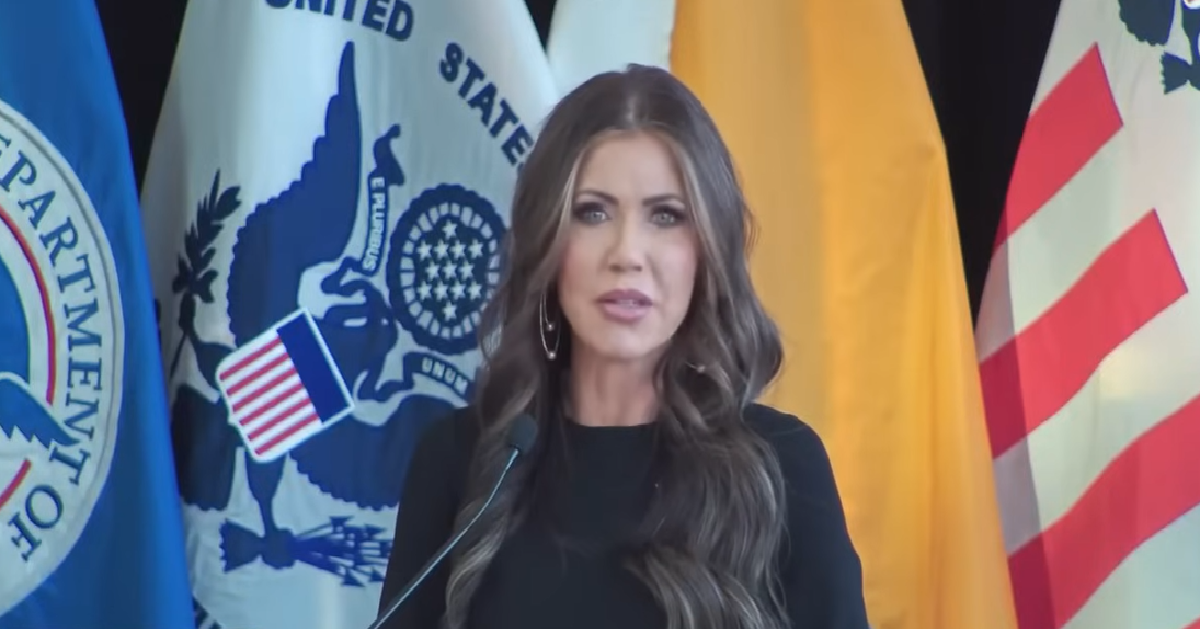SCOTUS limits power of courts in providing environmental oversight for federal projects
Late last year, an appellate court found that the Surface Transportation Board (STB) did not sufficiently consider the ancillary environmental effects of a railway built to transport oil.
Yet in a move which is sure to leave Democrats seething, the Supreme Court has decided to reverse that decision.
Ruling concerns National Environmental Policy Act
As Fox News reported, the ruling from America's highest judicial body came down on Thursday in Seven County Infrastructure Coalition v. Eagle County.
The case concerns how much authority courts have under the National Environmental Policy Act (NEPA) to demand environmental impact statements (EIS) in federally endorsed infrastructure projects.
Justice Brett Kavanaugh wrote in his majority opinion that the "NEPA does not allow courts, ‘under the guise of judicial review’ of agency compliance with NEPA, to delay or block agency projects based on the environmental effects of other projects separate from the project at hand."
"Courts should afford substantial deference and should not micromanage those agency choices so long as they fall within a broad zone of reasonableness," he continued.
SCOTUS limits scope of review by federal agency
Kavanaugh went on to stress that federal agencies are not required to look at the environmental impacts of projects aside from those they are currently reviewing.
This is the case even in instances where environmental impacts "might extend outside the geographical territory of the project or materialize later in time."
"The fact that the project might foreseeably lead to the construction or increased use of a separate project does not mean the agency must consider that separate project’s environmental effects," Kavanaugh stated.
Kavanaugh was joined in his opinion by Chief Justice John Roberts along with Justices Clarence Thomas, Samuel Alito and Amy Coney Barrett. Justices Sonia Sotomayor, Elena Kagan and Ketanji Brown Jackson issued a concurring opinion while Justice Neil Gorsuch abstained.
Former DOJ attorney says ruling will lead to more energy projects
The Hill noted that the Supreme Court's decision was welcomed by West Virginia Republican Sen. Shelley Moore Capito, who chairs the Senate Environment and Public Works Committee.
She said it will help regulators to "move important infrastructure initiatives like pipelines, roads, and energy development swiftly to completion to benefit the communities they serve."
Former Department of Justice (DOJ) lawyer Varu Chilakamarri offered a similar perspective, telling The Hill that companies are more likely to go ahead with projects since their approval "will be given more respect by the courts."
"Even if there is a procedural error or a lack of explanation by the agency, what the court said was that that shouldn’t, on its own, allow a court to just vacate the entire authorization," she added.






